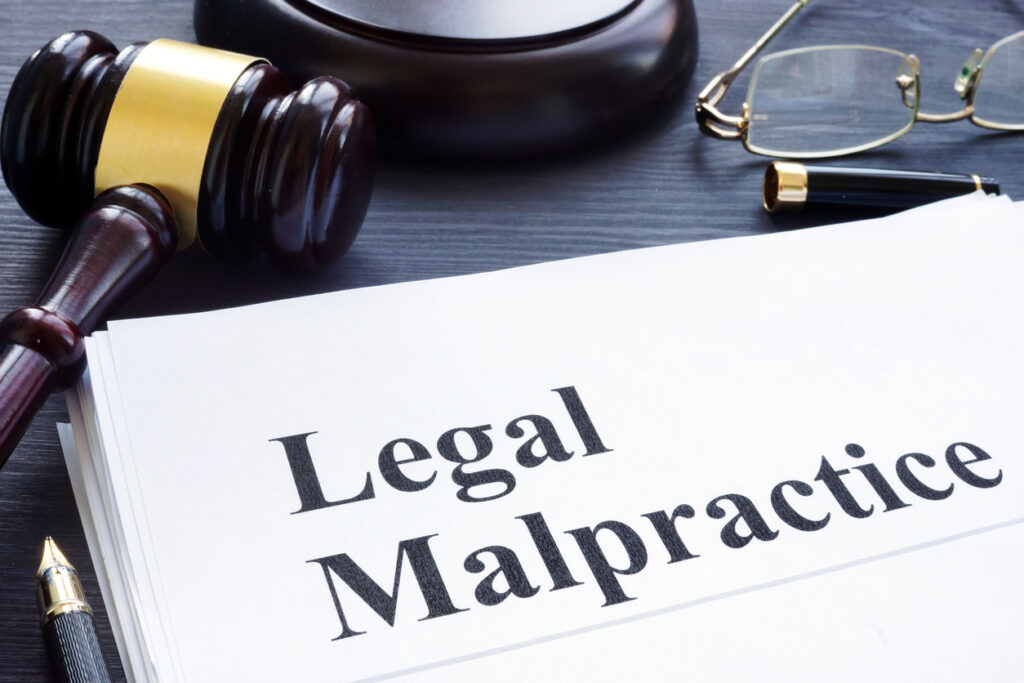Legal malpractice is a complex area of the law. When individuals seek legal representation, they trust attorneys to advocate for their best interests. However, there may be situations where a client feels that their lawyer has failed to provide competent representation, leading to financial loss or other negative consequences. In such cases, clients may wonder whether they can sue their lawyer.
Parrish and Goodman, Attorneys at Law, explores the grounds for suing a lawyer in Florida, the process involved, and important considerations to remember.
Grounds for Suing a Lawyer
In Florida, clients may sue their attorney for various reasons, primarily under the legal theory of malpractice or for breach of fiduciary duty. Here are some common grounds:
Legal Malpractice
Legal malpractice occurs when an attorney fails to perform competently in their duties, harming the client. To establish a legal malpractice claim in Florida, the plaintiff must demonstrate:
- The lawyer owed a duty to the client.
- The lawyer breached that duty (i.e., acted negligently).
- The breach caused actual harm or damages to the client.
- The client would have had a favorable outcome in the underlying case or legal issue if the lawyer did not breach their duty to the client.
Breach of Fiduciary Duty
Lawyers owe fiduciary duties to their clients, which include loyalty, confidentiality, and proper handling of the client’s legal matters and any funds in the lawyer’s possession. If a lawyer violates these duties, such as missing deadlines, misappropriating funds or representing a client with a conflict of interests, the client may have grounds to sue. These are just a few ways, of many, an attorney can breach their fiduciary duty.
Fraud or Misrepresentation
If a lawyer intentionally deceives a client or provides false information that leads to financial harm, the client could pursue a claim based on fraud.
Failure to Follow Client Instructions
If an attorney neglects to follow explicit instructions from a client, which causes harm to the client, this can also be a basis for a lawsuit.
Should You Sue Your Lawyer?
If you believe you have a valid claim against your lawyer, consult with a Florida legal malpractice attorney at Parrish and Goodman, Attorneys at Law. Our lawyers can evaluate the validity of your claim and provide guidance. We can help you:
- Consider Alternative Dispute Resolution: Before filing a lawsuit, explore whether your attorney-client agreement includes a provision for mediation or arbitration, as these can be less adversarial and quicker than litigation.
- Gather Evidence: Collect all pertinent documents related to your case, including contracts, correspondence, and any evidence demonstrating the attorney’s negligence or misconduct.
- File a Complaint: If it is determined that litigation is necessary, you must file a complaint in the appropriate Florida court. The complaint should outline your claims and the damages incurred due to the lawyer’s actions.
- Prove Your Case: We can help you prepare and provide evidence supporting your claim. This may include expert testimony from other attorneys to establish the standard of care and how your lawyer failed to meet it.
- Adhere to the Statute of Limitations: In Florida, the statute of limitations for legal malpractice is typically two years from the date the client became aware of the malpractice. It is crucial to act within this timeframe.
- Weigh Ethical Considerations: If the lawyer’s actions violate ethical guidelines, you may also report them to The Florida Bar. However, filing a complaint with The Florida Bar does not replace your right to sue.
While it is possible to sue a lawyer in Florida for malpractice or other breaches of duty, it is essential to approach the situation with careful consideration and legal guidance. For example, simply receiving an unexpected outcome in your case is not legal malpractice or negligence. Evaluating the grounds for your claim, understanding the legal process, and navigating potential consequences can help you decide whether to pursue legal action against your attorney.
Florida Legal Malpractice Attorneys
You have the legal right to sue your lawyer in Florida. However, you should always consult with another legal professional before taking any definitive steps. The Florida Legal Malpractice Attorneys at Parrish and Goodman, Attorneys at Law, can provide invaluable insights specific to your case. Contact us today in Naples or Ft. Myers to schedule a free, confidential consultation to discuss your potential case and options.





